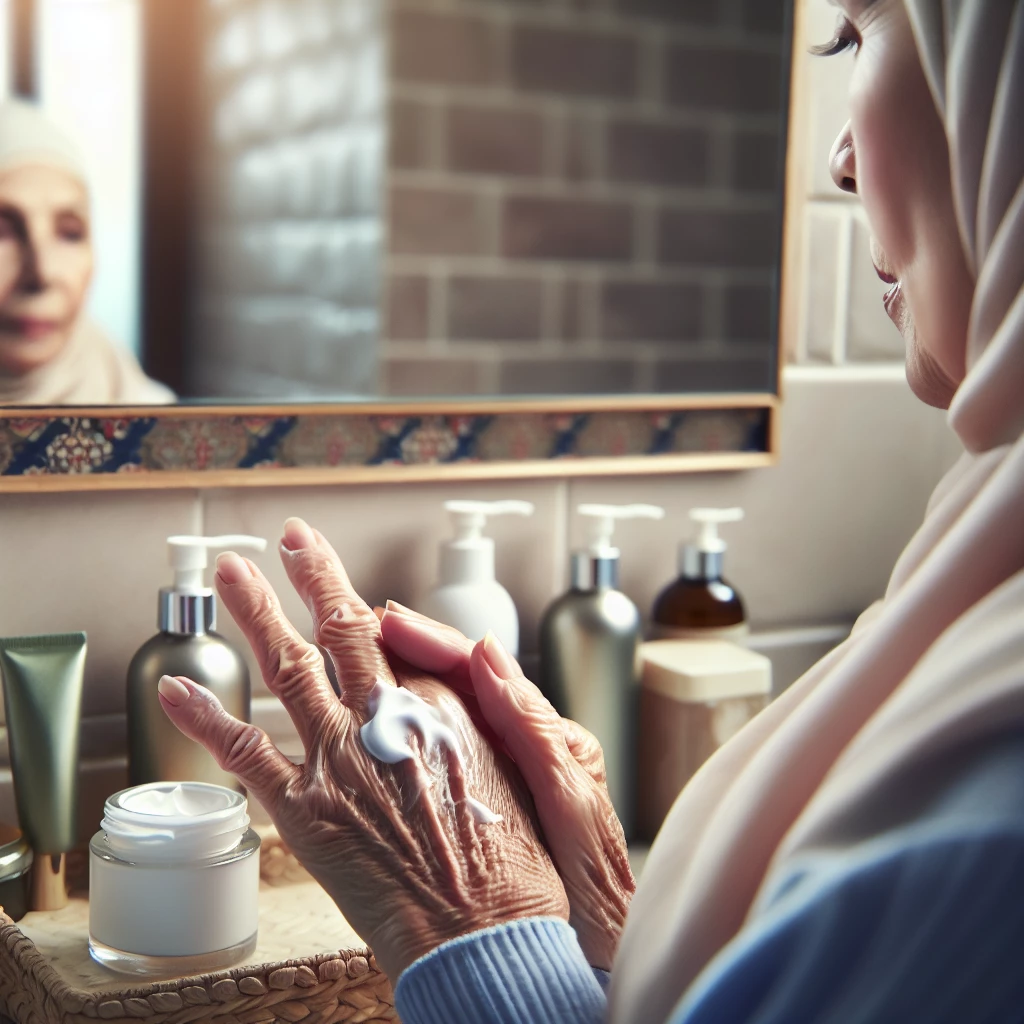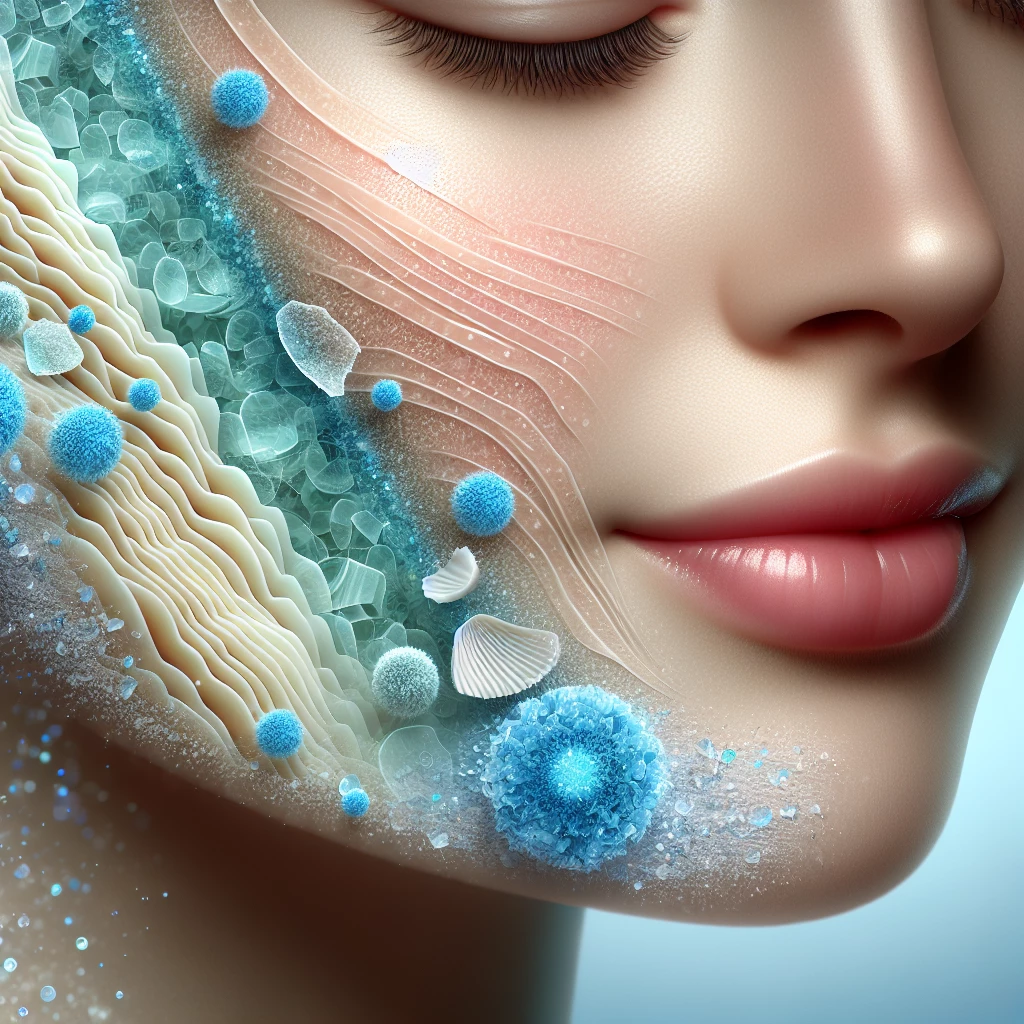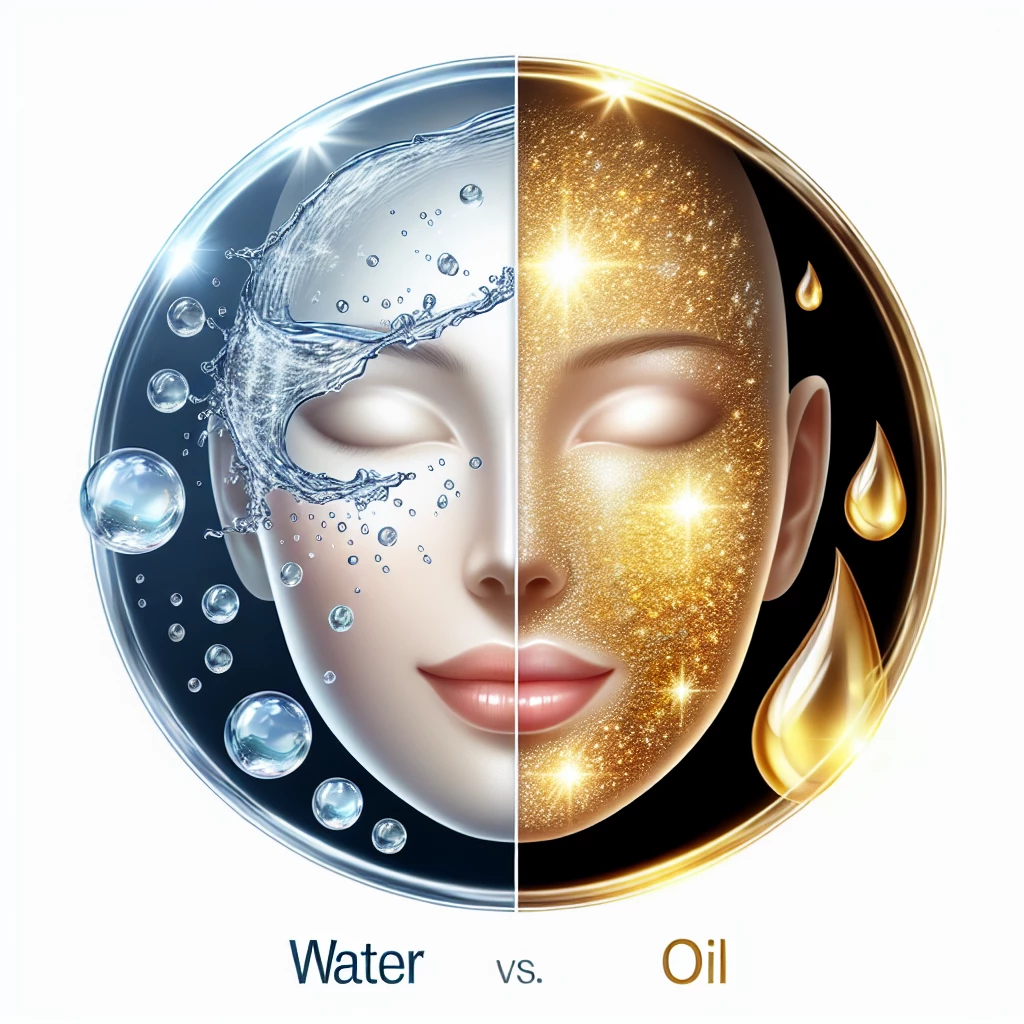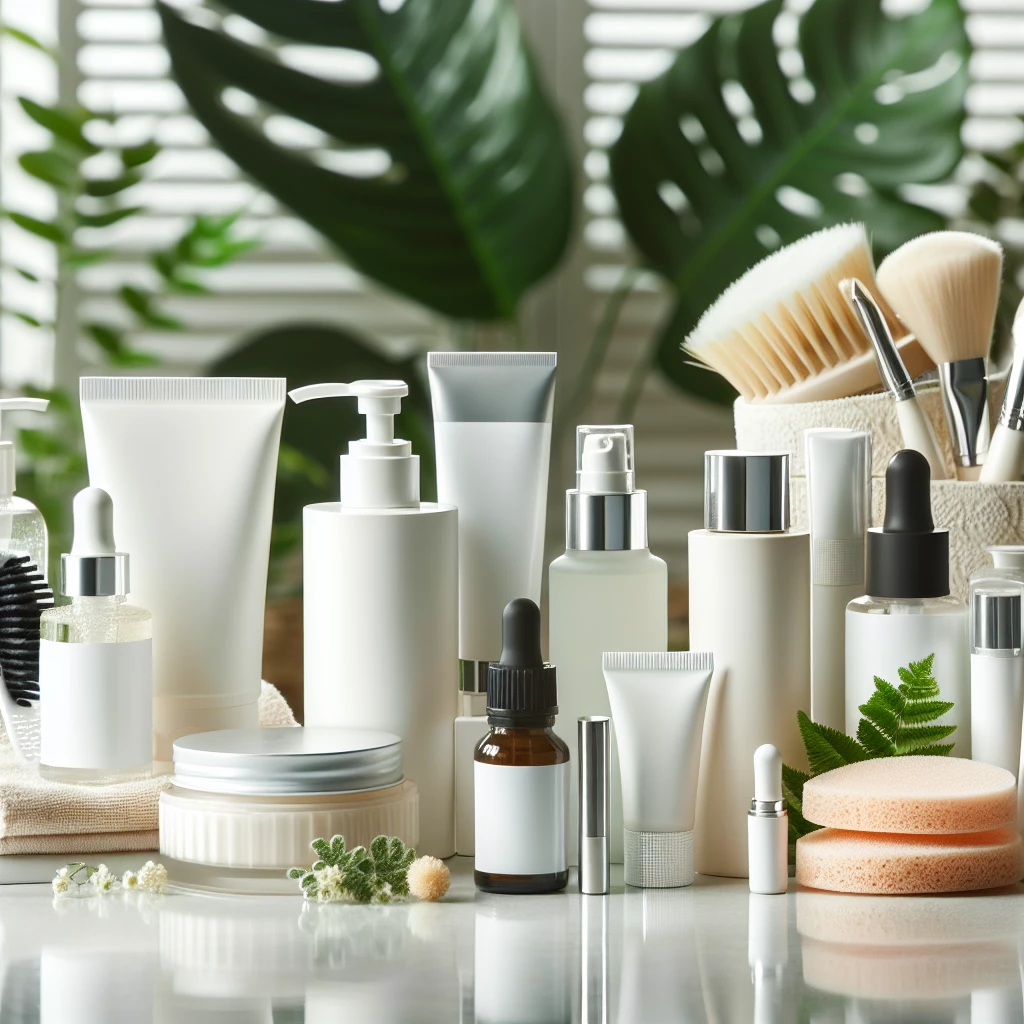Understand Your Skin Type
Recognizing your unique skin type is the first step towards controlling acne. Your skin can generally be classified as dry, oily, combination, or sensitive. Determining where you fit within these categories can guide you in choosing the right treatments and products. Oily and combination skin types are often more prone to acne due to excess sebum production.
Understanding the behavior of your skin can also help you to recognize possible triggers for your acne. If you notice an interaction between your outbreaks and certain foods, stress, or the stage of your menstrual cycle, you can take proactive steps to manage these factors.
However, it's important to remember that regular breakouts are different from chronic, severe acne. If your acne persists despite your best efforts, it could be due to an underlying health issue like hormonal imbalance. Consulting a dermatologist would be recommended in such cases.
Adopt a Consistent Skincare Routine
Consistency is key to keeping skin clear of acne. Your daily routine should include cleansing, toning, and moisturizing. Cleansing removes excess oils and dirt that can clog pores, but it's crucial not to overdo it. Over-cleansing can strip your skin of its natural oils, prompting it to produce even more oil. A gentle, non-comedogenic cleanser should be used twice a day.
Following cleansing, use a toner to balance your skin's pH and prepare it for the skin treatments to follow. Opt for alcohol-free toners as they can be less drying. Moisturize even if you have oily skin. Drying out your skin can lead to more oil production. Go with an oil-free or non-comedogenic moisturizer which won't clog pores.
Once or twice a week, exfoliate your skin using a gentle scrub or a chemical exfoliant. This helps to get rid of dead skin cells which can block pores. Additionally, always apply sunscreen during the day to protect your skin from harmful UV rays which can exacerbate acne.
Choose Acne-Fighting Ingredients
Certain ingredients in skin care products can help combat acne. Look for products containing benzoyl peroxide, which kills acne-causing bacteria, or salicylic acid, which unclogs pores. Tea tree oil and sulfur are also beneficial for fighting acne.
Retinoids, derived from vitamin A, can help to unclog pores and reduce acne-causing inflammation. They're available in many over-the-counter products, but stronger prescriptions can be obtained from a dermatologist.
Keep in mind that these ingredients can dry out your skin, so use them sparingly and always follow up with a good moisturizer. Also, it's always a good practice to patch test new products to make sure they don't provoke any negative reactions.
Make Lifestyle Changes
Besides a dedicated skincare routine and right products, your lifestyle plays a fundamental role in managing acne. Regular exercise can help regulate your hormones and reduces stress which can be a trigger for acne breakouts. Always clean your skin before and after a workout to prevent sweat from clogging your pores.
A healthy diet also contributes to better skin. Eat a balanced diet rich in fruits and vegetables and low in processed food. Stay hydrated by drinking plenty of water, which flushes out toxins and aids in keeping your skin clear.
Lastly, ensure you're getting enough sleep. Lack of sleep can increase stress and inflammation in your body, leading to breakouts. Aim for at least 7-8 hours of sleep each night.
Battling hormonal acne doesn’t have to be endlessly frustrating. With the right understanding of your skin, a consistent skincare routine, key acne-fighting ingredients, and a healthy lifestyle, you can effectively manage and reduce acne. Remember, skin changes over time, so your skincare regimen should too. Keep exploring, and don't be discouraged if something doesn't work right away. Your journey to clear skin may need time and patience, but the results will be well worth it.
Age Gracefully: Mature Skin Care
Delve into the changes that come with aging skin and the best practices to ensure its health and vitality.

Vitamins for Victory: Skin Nutrients
Discover the key vitamins that contribute to skin health and the best ways to incorporate them into your skincare routine.

Exfoliation 101: Clearing the Surface
Dive into the process of exfoliation, uncovering its benefits and learning how to properly exfoliate for brighter, smoother skin.

Skin Hydration: Water vs. Oil
Get insight into the importance of hydration in skincare routines and understand the difference between water-based and oil-based products.
